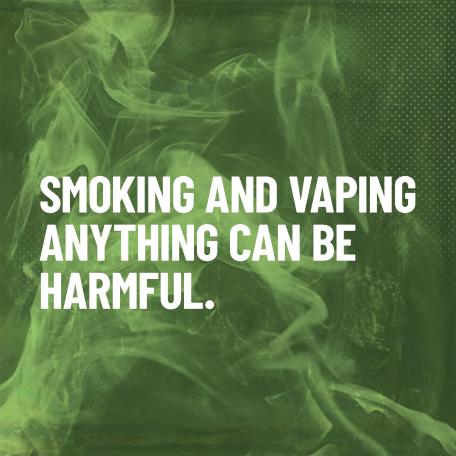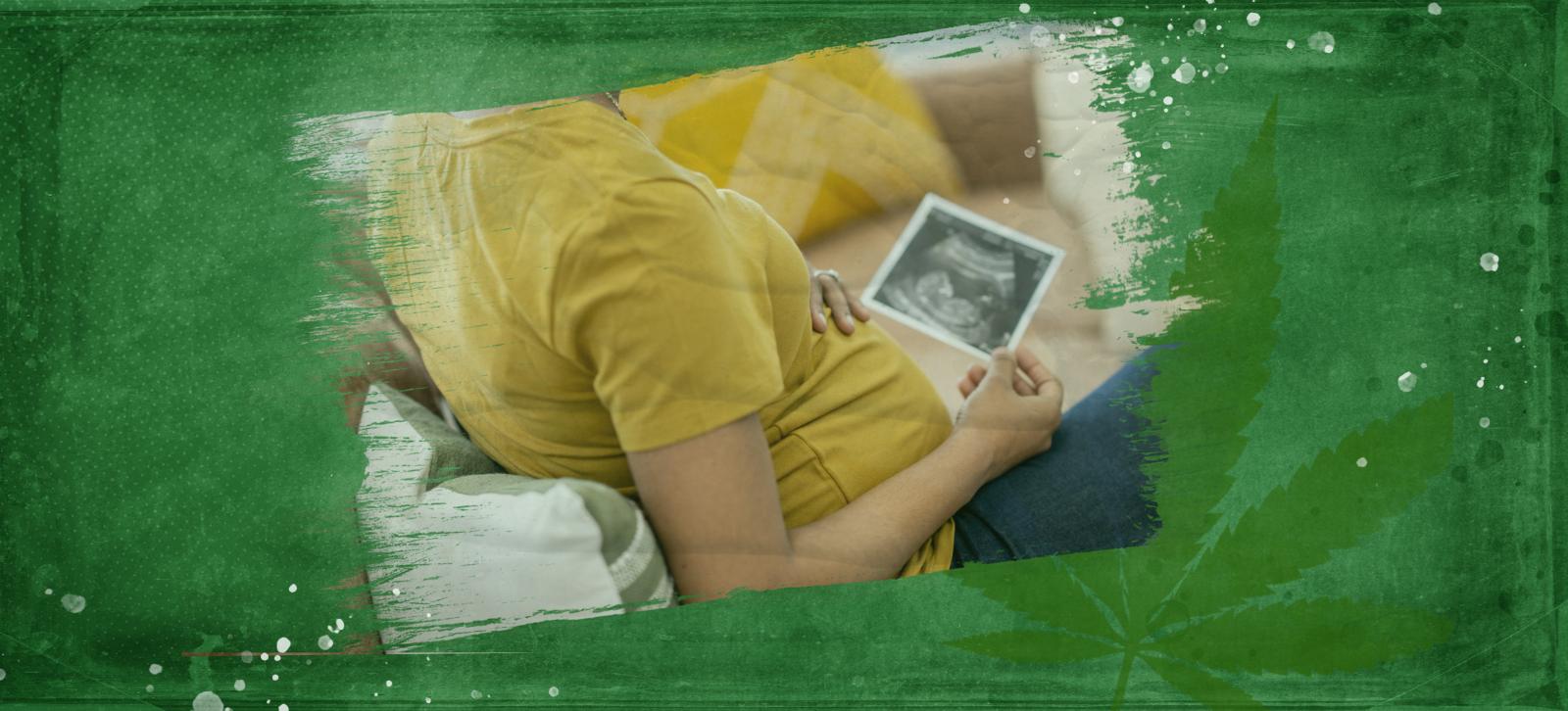When it comes to pregnancy, many questions come up about what is and isn’t safe. One common question is whether using cannabis during pregnancy is safe. It’s often assumed that because cannabis is legal, it means it’s safe to use while pregnant. But that’s not necessarily true. With so much conflicting information out there and a lot still unknown, it’s completely normal to feel unsure about whether or not it’s okay to use. In this blog, we’ll unpack the latest information on cannabis use and pregnancy.
What We Know

Smoking and vaping anything can be harmful. Whether it’s tobacco, cannabis, or any other substance, smoking and vaping during pregnancy can be harmful. Smoking or vaping reduces oxygen flow to the womb. This can lead to things like preterm birth, low birth weight, and other health issues.1,2
Cannabis in any form can pass to a baby. It doesn’t matter whether it’s smoked, drank, eaten, or vaped—cannabis use in any form can pass through the placenta to a developing baby.1,2
THC can pass into breast milk. Tests have shown that THC can be present in breast milk for up to six days after use.2 THC is stored in fat cells and tends to stay in the body longer than other substances, so “pump and dump” doesn’t really work.1
More research is needed, but experts advise against CBD usage. Cannabis is made up of several different compounds, including CBD. CBD doesn’t get you high, but it can have a calming effect. Many companies add it to food, drinks, beauty products, and other supplements. Research around CBD and pregnancy is limited because not much research has been done on humans. However, studies done with animals have raised some concerns, such as negative effects on brain development.
What This Means
Because of these concerns, the Food and Drug Administration (FDA) and medical experts strongly warn against the use of any cannabis products, including CBD, during pregnancy or while breastfeeding.2 If you use cannabis for medicinal purposes, like dealing with anxiety or nausea, it’s important to look for other treatments or therapies that are safer for you and your baby during this time. Talk to a healthcare provider about alternatives—they can help you find options that work.
If you need help finding a provider, the HRSA (Health Resources & Services Administration) has a database of health centers that you can search by zip code. For those without insurance, pregnant patients in California can get immediate Medi-Cal coverage through the Presumptive Eligibility program.
Connection and Support
Some people may want to stop, but find it challenging and need support. Acknowledging the need for help is the first, and often the hardest, step. There are opportunities for connection and support for pregnant people who are struggling with substance use. You are not alone.

Resources
National Maternal Mental Health Hotline
· Call or text 1-833-852-6262
· 24/7, free, confidential hotline for pregnant and new moms.
· English and Spanish. Interpreter services are available in 60 languages
The Substance Use and Mental Health Services Administration (SAMHSA)
· Call 1-800-662-HELP (4357)
· 24/7, free, confidential hotline for substance use help.
Postpartum Support International
· Call or text “Help” to the PSI Helpline at 1-800-944-4773
· The free and confidential hotline is open between 8am – 11pm EST. You can leave a message at any time outside of those hours.
· For online support groups, resources, and more visit postpartum.net
Sources:
1. CDC. (2025, January 31). Cannabis and pregnancy. Cannabis and Public Health. https://www.cdc.gov/cannabis/health-effects/pregnancy.html
2. FDA. (2019, October 16). What you should know about using CBD when pregnant or breastfeeding. U.S. Food and Drug Administration. https://www.fda.gov/consumers/consumer-updates/what-you-should-know-about-using-cannabis-including-cbd-when-pregnant-or-breastfeeding
